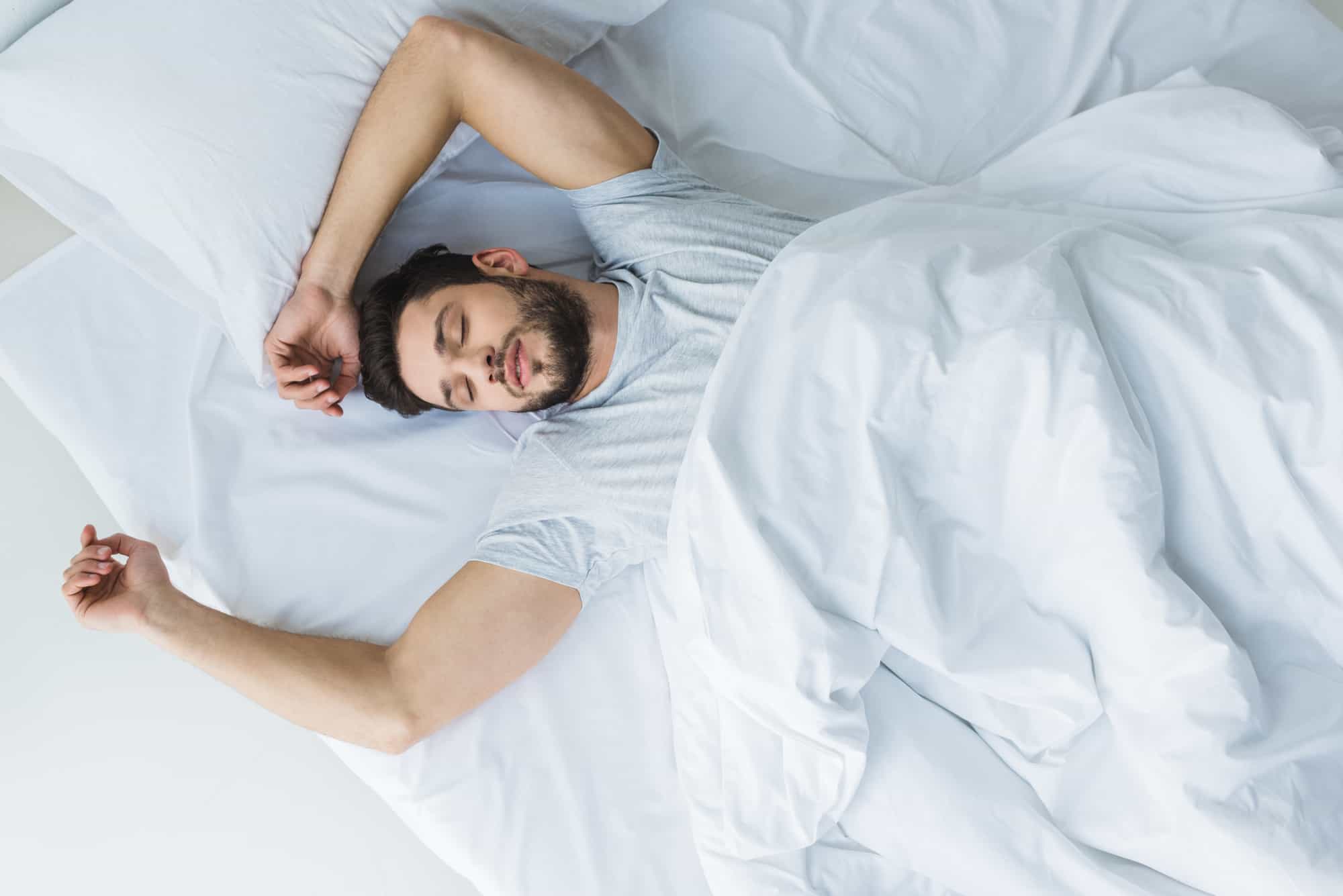Experts at New York University have debunked common myths about sleep that can have a negative impact on your health and shorten your life expectancy. Researchers warn that some sleep habits can lead to cardiovascular disease, stress and chronic fatigue. These are the most harmful misconceptions that many continue to believe.
The BBC writes about this.
1. You can get 5 hours of sleep a day
There is a popular belief that 5 hours of sleep is enough for proper rest. However, according to Dr. Rebecca Robbins, lack of sleep increases the risk of cardiovascular disease, including stroke and heart attack. Doctors recommend sleeping 7-8 hours a day to maintain health and longevity.
2. Alcohol helps you sleep
Some people find that drinking a glass of wine or whiskey before bed helps them sleep better. In fact, alcohol impairs the quality of rest by disrupting REM sleep, which is important for brain recovery. In addition, it has a diuretic effect, causing night awakenings to go to the toilet.
3. Watching TV before bed helps you relax.
Many people find that watching TV shows or the news before bed helps them relax. However, according to scientists, this leads to stress and sleep disturbance, especially if the content is emotionally intense. Blue light from TV and smartphone screens suppresses the production of melatonin, a hormone that regulates sleep.
4. Stay in bed if you can’t sleep
If a person cannot sleep for a long time, he begins to associate the bed with insomnia, which only worsens the problem. Experts advise that if you can’t fall asleep within 15 minutes, get out of bed, change your surroundings and do a quiet activity, such as reading a book or folding clothes.
5. Snoring is not dangerous to your health.
While snoring may be harmless, it can also indicate a dangerous condition called sleep apnea. This disorder causes temporary pauses in breathing during sleep, which increases the risk of hypertension, arrhythmia, heart attacks and strokes. If your snoring is loud and regular, you should see a doctor for a diagnosis.
6. Snoozing your alarm is beneficial.
The habit of pressing the “snooze” button on your alarm clock leads to intermittent and superficial sleep, which does not benefit the body. Experts advise getting up immediately after the bell, and to wake up, it is recommended to open the curtains to start the process of producing wakefulness hormones.
Experts remind that healthy sleep is the key to longevity, physical and mental well-being. Following scientific recommendations can significantly improve the quality of life and reduce the risks of developing dangerous diseases.
Earlier, “Cursor” wrote that experts told what changes will occur in the body if you give up alcohol.











